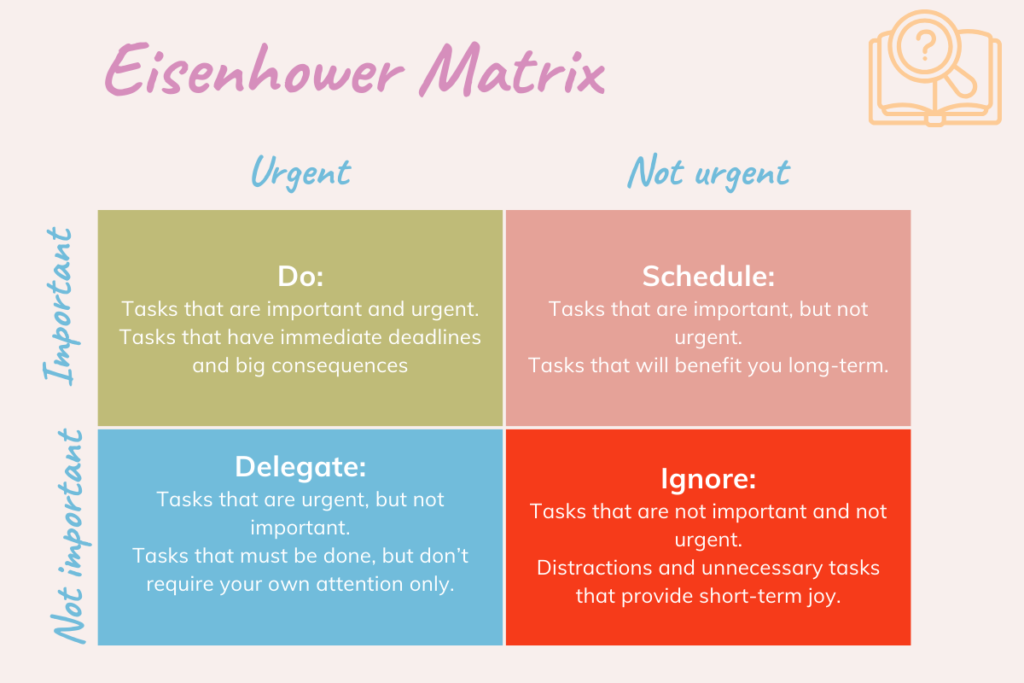Students usually face a constantly increasing list of demands, from academic assignments to extracurricular activities to social engagements. In today’s world, effective time management is a crucial skill for setting up the path to success in both personal life and school, and later on in career journey.
We can usually see that students overcome their difficulties with academic assignments by using their time effectively, leading to getting their work done in a timely manner. As teachers, we have a responsibility toward our students to equip them with the necessary tools and skills to prioritize tasks, manage their time effectively, and beat procrastination.
Teaching resources in time management are usually limited, and teachers face real challenges when planning their lessons to equip their students with this skill. Let’s dive into a list of ways to teach time that will assist students to become independent learners and get better in school.

Why we should teach time management to students?
Time management is crucial for students for several reasons. It helps them to:
- Improve focus and concentration. Students’ attention span increases with age. Improving their concentration will not only benefit them with one task at a time and increase productivity but teachers too, allowing easier lesson delivery.
- Meet deadlines and achieve goals. By effectively managing their time, students can complete assignments on time, meet project deadlines, and achieve their academic goals. Of course, the satisfaction and attractiveness of the class will also be boosted.
- Develop self-discipline and responsibility. Learning to manage time teaches students self-discipline and responsibility, skills that will benefit them in all aspects of their lives.
Teaching Time Management Strategies
Here are some effective strategies for teaching time management skills in the classroom.
Help them identify priorities
Help students learn to identify the most important academic tasks and chronologically prioritize them accordingly. This could involve creating to-do lists with them, setting deadlines, and categorizing tasks by urgency and importance. The Eisenhower Matrix, also known as the time management matrix, is a great way to visualize the assignments each one of the students has for the week.

Estimating time allocation
Teach students to estimate how much time each task will take. This helps them plan their schedules realistically and avoid underestimating the time required for certain activities. Have students estimate the time required for an assignment before starting to work on it and then reflect alongside them on the actual time it took them to complete the assignment. This way you can help students develop a more accurate sense of their time management skills and make more informed decisions about task prioritization.

Give minimum working time on assignments
Instead of setting a maximum time limit for assignments, teachers can try setting a minimum working time requirement. This encourages students to slow down and focus on the quality of their work rather than rushing through the process. Additionally, incorporating checklists (free downloadable resources here) or rubrics into assignments can help students maintain focus and make sure they’ve addressed all the essential components. Sometimes, students just need some structure because they have a hard time picturing the begin-to-end steps for an assignment.

Use the power of routines
Students usually respond well to structure and familiarity in their learning and self-development process. Classroom routines have the advantage of helping children feel safe and engaging them in learning activities while offering stability as well. Routines also help students manage their time effectively and boost concentration.
For younger students, timetables and apps can serve as reminders for homework and test deadlines. Older students can create their own routines, taking into account the time required for various activities and their desired sleep schedule.

Practice what you preach
Teachers must practice what they preach when teaching time management to students. It’s not enough to tell students to manage their time effectively if you, as the teacher, are constantly running late, missing deadlines, and forgetting to grade their assignments. Learn how to tackle your own time management issues first to provide a strong example for students to follow.

Conclusion
Effective time management is a crucial skill for students to develop as they navigate the demands of school, extracurricular activities, and social engagements. By incorporating these strategies into your teaching, you can empower your students to become independent learners, achieve their academic goals, and succeed in both their personal and professional lives.
Remember, modeling time management skills yourself is essential to providing a strong example for your students to follow.





